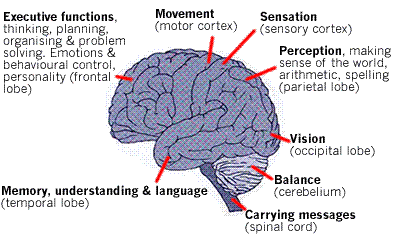Mental health and addiction to power
““Mental health problems do not affect three or four out of every five persons but one out of one.” Dr. William Menninger
“Mental illness is nothing to be ashamed of, but stigma and bias shame us all.” Bill Clinton

A hot topic in the election season is the fake mental health document of a presidential candidate. I won’t bother with the current news surrounding this. What bothers me is that mental illness or seeing a psychiatrist is such a taboo in the Philippines.
In 2006, a biographical source material in 37 US presidents from 1776 to 1974 was published in The Journal of Nervous and Mental Diseases on the topic of Mental Illness in U.S. Presidents... and concluded that 18 presidents (49%) met criteria suggesting psychiatric diagnoses and in 10 instances (27%)”a disorder was evident during presidential office, which in most cases probably impaired job performance”. The list includes:
-
1. Calvin Coolidge: hypochondria, social phobia, depression
2. Ulysses S. Grant: social phobia, alchoholism
3. Thomas Jefferson: social phobia, non-generalized
4. Abraham Lincoln: depression (with psychotic features)
5. Franklin Pierce: depression, post-traumatic stress disorder, alcoholism
6. Dwight Eisenhower: depression
7. Theodore Roosevelt: bipolar disorder
8. Lyndon Johnson: bipolar disorder
9. Richard Nixon: alcoholism
10. James Madison: depression
11. John Quincy Adams: depression
12. Woodrow Wilson: depression, generalized anxiety disorder
13. Rutherford B. Hayes: depression
14. James Garfield: depression
15. Howard Taft: sleep apnea
16. John Adams: bipolar disorder
17. Herbert Hoover: depression
-
Some of the conclusions the researchers draw:
- presidents are more vulnerable and less perfect than we sometimes think
- people with mental illness can be highly functional and highly successful; and,
- because the presidents suffer rates of mental illness roughly comparable to the general public, it reminds us that mental illness, especially depression, is more widespread than we sometimes acknowledge.
The authors concluded that no national calamities appeared to have occurred due to presidential mental illness.
This latest black propaganda should have been an opportunity to discuss the stigma of mental illness, the treatment of mental illness and that it is not wrong to see a psychiatrist. The fact that people seek help is a good sign.